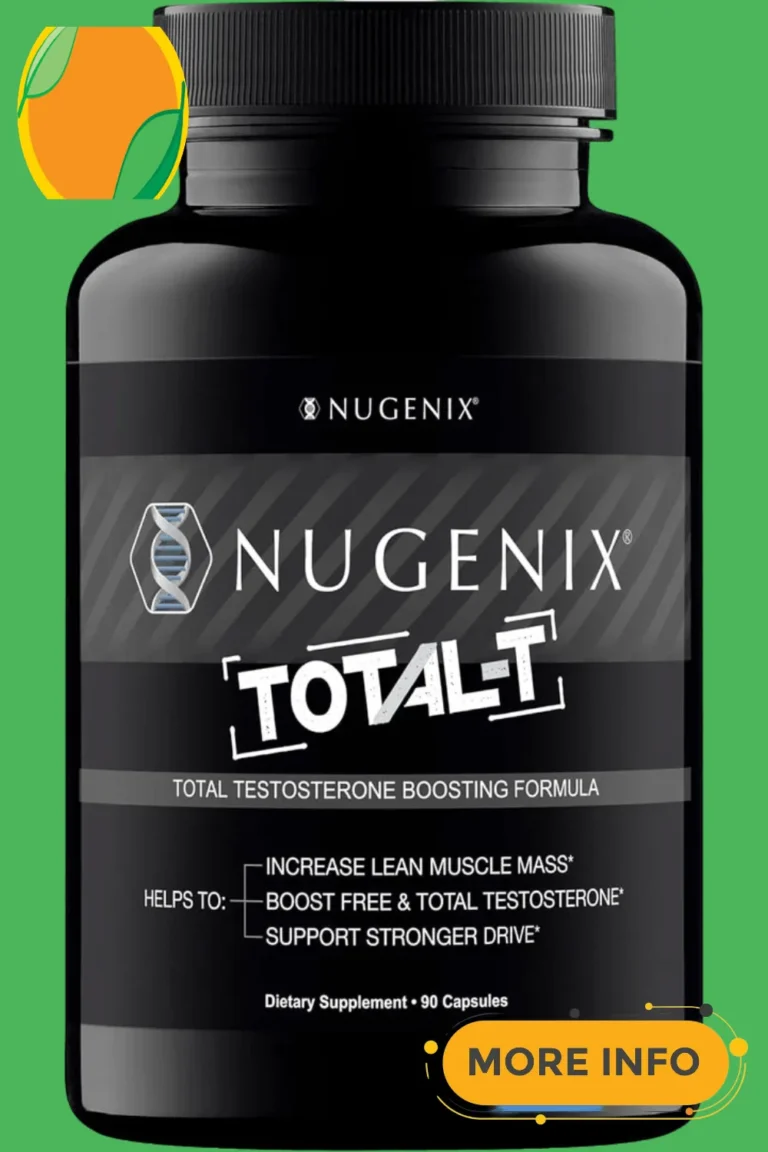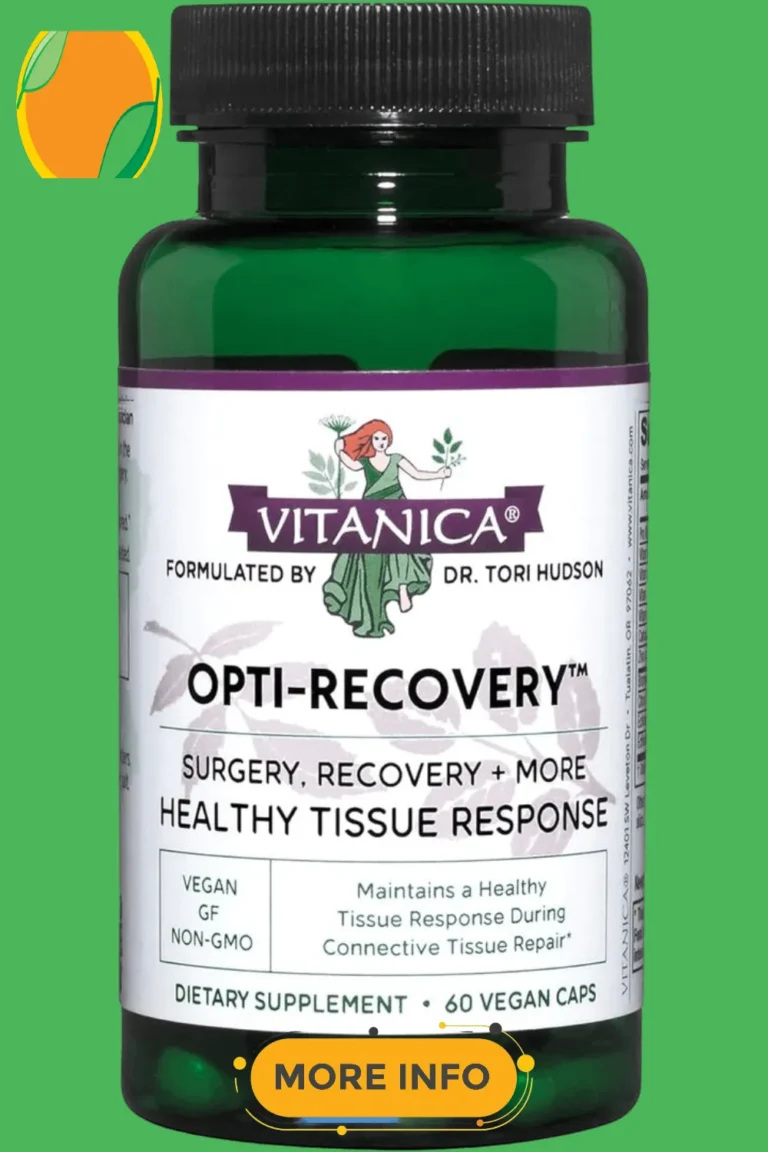Achieve Better Health On Vitamins
Imagine waking up every morning feeling energized, focused, and ready to take on the world.
What if achieving that kind of vitality was as simple as supplementing your diet with the right vitamins? In a fast-paced world where convenience often trumps nutrition, many people find themselves feeling drained and out of balance.
But there’s good news: by understanding and harnessing the power of essential vitamins, you can pave your way to Achieve Better Health On Vitamins with optimal health and well-being.
This article will guide you through the vital role that vitamins play in maintaining your body’s intricate systems.
From boosting your immune defense to enhancing mental clarity, these potent nutrients are key players in achieving better health.
Whether you’re a wellness enthusiast or someone looking to make small but impactful changes to your lifestyle, read on to discover how embracing the benefits of vitamins can transform your daily life.
In today’s fast-paced world, maintaining optimal health can be a challenge.
From juggling work and family responsibilities to navigating a myriad of conflicting health advice, it’s easy to become overwhelmed and unsure of how to best support our bodies.
However, one simple and effective way to improve our overall well-being is through the use of vitamins.
Vitamins are essential nutrients that our bodies need to function properly and maintain good health.
From boosting our immune system to improving our energy levels, vitamins play a crucial role in supporting our overall health.
In this article, we will explore the importance of vitamins in achieving better health, the different types of vitamins available, and how to incorporate them into our daily routine.
Whether you’re looking to improve your skin health, boost your energy levels, or support your immune system, vitamins can be a valuable addition to your wellness routine.
By understanding the role of vitamins in our health and making informed choices about which vitamins to include in our daily regimen, we can take proactive steps towards achieving better health and vitality.
Table of Contents Achieve Better Health On Vitamins
Boost immune system with vitamins
Vitamins play a crucial role in supporting the immune system, helping the body fight off illness and infections more effectively.
Vitamin C, for example, is known for its antioxidant properties that can strengthen the immune system and reduce the duration of colds.
Vitamin D also plays a vital role in immune function, as it helps regulate the immune response and reduce inflammation.
Additionally, vitamin E is another powerful antioxidant that can enhance immune function by neutralizing free radicals.
Including a variety of vitamins in your diet through whole foods or supplements can contribute to overall better immunity and health.
Enhance skin health with supplements
A wide range of vitamins and minerals are essential for maintaining healthy skin.
For instance, vitamin A, commonly found in supplements, supports skin cell growth and repair, helping to keep skin firm and radiant.
Vitamin E is another key nutrient that acts as an antioxidant, protecting skin cells from damage caused by free radicals and environmental stressors.
Omega-3 fatty acids, often included in skin health supplements, can help maintain the skin’s natural oil barrier, preventing dryness and promoting a smoother complexion.
Additionally, biotin, a B vitamin, is crucial for healthy skin, hair, and nails, facilitating the production of keratin, the protein responsible for skin elasticity and strength.
Incorporating these essential nutrients through supplements can provide a comprehensive approach to enhancing skin health and maintaining a vibrant complexion.
Improve bone strength through nutrients
To improve bone strength, it is crucial to pay attention to key nutrients that support bone health.
Calcium stands out as one of the most critical minerals for maintaining strong bones, as it is the primary building block of bone tissue.
Additionally, vitamin D plays a vital role in calcium absorption and bone mineralization, ensuring that the body effectively utilizes calcium for bone density.
Meanwhile, vitamin K is essential for bone formation and mineralization, contributing to bone strength and reducing the risk of fractures.
Magnesium is another important nutrient that supports bone health by regulating calcium levels in the blood and aiding in bone metabolism.
By incorporating a diet rich in these essential nutrients or considering appropriate supplementation, individuals can effectively improve bone strength and reduce the risk of osteoporosis and bone-related disorders.
Combat fatigue with essential vitamins
In the realm of combating fatigue, essential vitamins play a vital role in enhancing energy levels and overall well-being.
Among these crucial nutrients, vitamin B12 stands out for its ability to support red blood cell production and convert food into energy, ultimately combating feelings of tiredness and weakness.
Additionally, vitamin C acts as a powerful antioxidant, promoting immunity and reducing oxidative stress that can contribute to fatigue.
Furthermore, iron plays a key role in oxygen transportation throughout the body, supporting energy production and combating fatigue.
By ensuring adequate intake of these essential vitamins through a balanced diet or supplementation, individuals can effectively combat fatigue and boost their energy levels for improved daily performance and overall health.
Enhance cognitive function with supplements
Cognitive function is a complex process influenced by various factors, including nutrition and lifestyle choices.
In the quest to optimize cognitive abilities, supplements can serve as valuable tools in supporting brain health and enhancing mental performance.
Certain supplements, such as omega-3 fatty acids, have been linked to improved cognitive function, memory, and focus.
Additionally, compounds like Bacopa monnieri and Ginkgo biloba have shown promise in enhancing cognitive processes, such as learning, attention, and information processing.
These supplements work by supporting neuroplasticity, neurotransmitter function, and overall brain health.
When integrated into a comprehensive health regimen, cognitive-enhancing supplements can contribute to sharpened cognitive abilities, increased mental clarity, and overall brain vitality.
Support heart health with vitamins
Vitamins play a significant role in maintaining heart health and supporting overall cardiovascular function.
Vitamin D, for instance, is known for its impact on blood pressure regulation and reducing inflammation, both critical factors in heart disease.
Vitamin C acts as an antioxidant, protecting the heart from damage caused by free radicals, while vitamin K helps in proper blood clotting and heart health maintenance.
B vitamins, particularly B6, B12, and folate, are essential for managing homocysteine levels, which, when elevated, can increase the risk of heart disease.
Incorporating a balanced intake of these vitamins through a healthy diet or supplementation can contribute to optimal heart function and reduce the likelihood of cardiovascular issues.
Aid in digestion with supplements
Digestive health is crucial for overall well-being, and supplements can be valuable allies in maintaining a healthy digestive system.
Probiotics, for example, contain live beneficial bacteria that can help restore and maintain the natural balance of gut bacteria, promoting efficient digestion and supporting the immune system.
Additionally, digestive enzymes supplements can assist in breaking down food, aiding in nutrient absorption, and reducing issues like bloating and indigestion.
Fiber supplements are also beneficial as they can support regularity and promote a healthy gut environment.
By incorporating these supplements into your daily routine, you can support your digestive system and enhance your overall health.
Promote eye health through nutrients
Incorporating essential nutrients into your diet can also play a significant role in promoting eye health.
Antioxidants such as vitamins C and E, along with minerals like zinc and selenium, are crucial for maintaining healthy vision.
These nutrients help protect the eyes from damage caused by free radicals, reduce the risk of age-related macular degeneration, and support overall eye function.
Omega-3 fatty acids, found in fish oil supplements or sources like salmon and walnuts, can also benefit eye health by reducing inflammation and supporting the development of retinal tissue.
Including foods rich in these nutrients or considering supplementation can be an effective way to support your vision and maintain optimal eye health.
In conclusion, the journey to better health through vitamins is a vital component of overall well-being.
By carefully selecting appropriate supplements to address individual needs and deficiencies, individuals can optimize their health and support their body’s various functions.
It is essential to consult with healthcare professionals or nutritionists to ensure that the chosen vitamins align with personal health goals and do not cause adverse effects.
Remember, vitamins are not a substitute for a balanced diet and healthy lifestyle practices, but they can be valuable allies in achieving optimal health when used wisely and in conjunction with a holistic approach to wellness.
FAQ
What are the essential vitamins and minerals necessary for achieving better health?
Essential vitamins and minerals necessary for achieving better health include vitamin C for immune function, vitamin D for bone health, vitamin B12 for nerve function, calcium for bone strength, iron for oxygen transportation, magnesium for muscle function, and potassium for heart health.
It’s important to maintain a balanced diet rich in these nutrients to support overall health and well-being.
How can incorporating vitamin-rich foods into your diet improve overall health and well-being?
Incorporating vitamin-rich foods into your diet can improve overall health and well-being by providing essential nutrients necessary for bodily functions such as immune system support, energy production, and cell repair.
Vitamins like A, C, and E act as antioxidants, protecting cells from damage.
B vitamins aid in metabolism, while vitamin D supports bone health.
Consuming a variety of fruits, vegetables, whole grains, and lean proteins rich in vitamins can help prevent deficiencies, reduce the risk of chronic diseases, and promote overall vitality and longevity.
What are the potential risks and benefits of taking vitamin supplements to achieve better health?
While vitamin supplements can help fill nutrient gaps, excessive intake can lead to toxicity.
Benefits include improved energy levels and immune function, but risks include nutrient imbalances and adverse effects.
It’s crucial to consult with a healthcare provider before taking supplements to ensure they are necessary and safe for individual needs.
A balanced diet should be the primary source of nutrients, with supplements used as a complement rather than a replacement.
How can regular exercise and a balanced diet complement the effects of vitamins on improving health?
Regular exercise and a balanced diet can complement the effects of vitamins on improving health by providing essential nutrients and supporting overall well-being.
Exercise helps in better absorption and utilization of vitamins, while a balanced diet ensures a diverse intake of nutrients that work synergistically with vitamins for optimal health outcomes.
Together, they enhance immune function, support energy levels, promote healthy weight management, and reduce the risk of chronic diseases.
This holistic approach creates a strong foundation for overall health and wellness, maximizing the benefits of vitamins for a healthy lifestyle.
What role do vitamins play in supporting the immune system and preventing illness or disease?
Vitamins play a crucial role in supporting the immune system by aiding in the production of antibodies, helping regulate immune responses, and supporting the overall function of immune cells.
Vitamin C, D, and E, for example, are known for their immune-boosting properties.
Deficiencies in certain vitamins can weaken the immune system, making individuals more susceptible to illnesses and diseases.
Therefore, maintaining a balanced diet rich in essential vitamins is essential for a strong and healthy immune system, ultimately helping to prevent illnesses and diseases.







